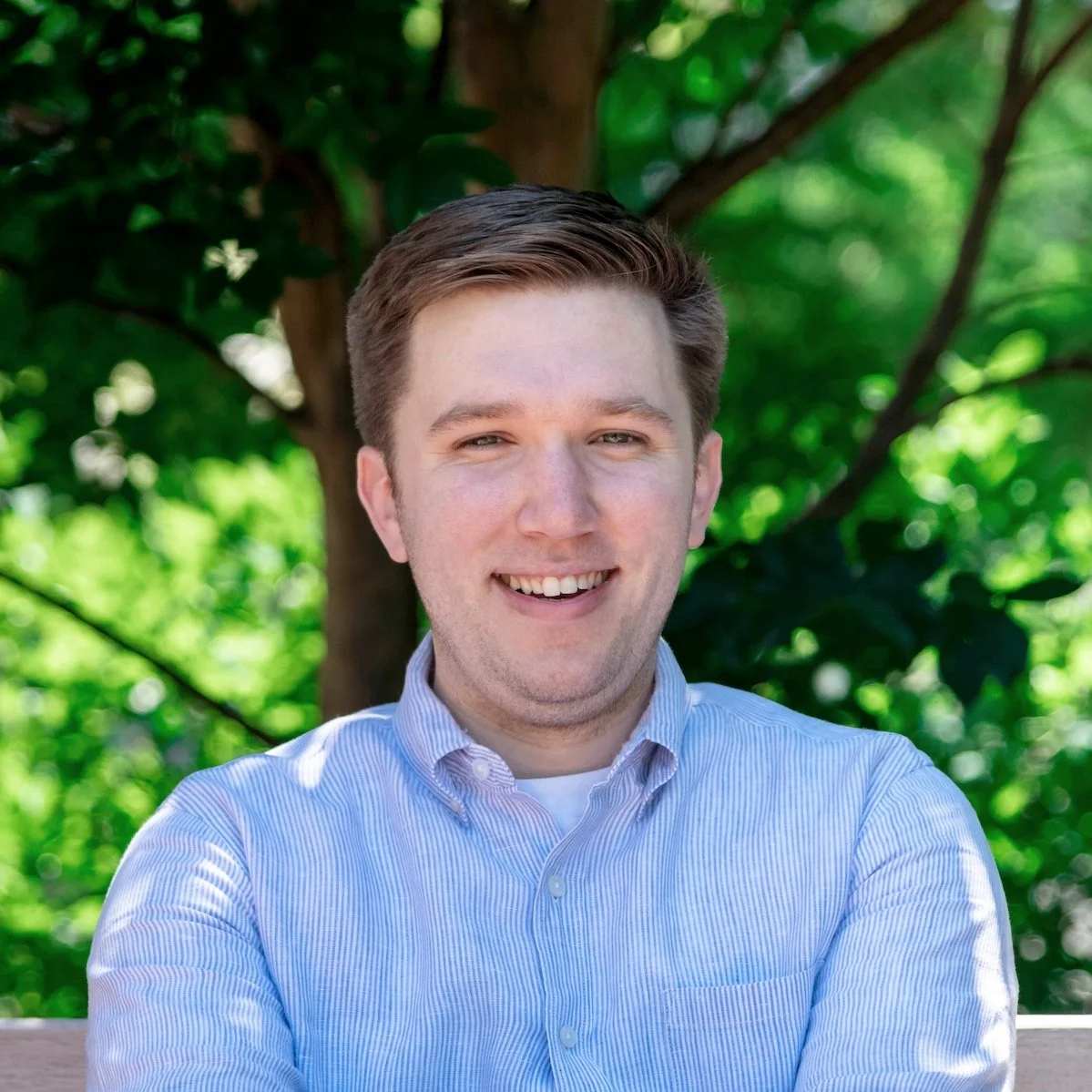Hi there.
Chase LaDue is an applied ecologist who studies large mammals—especially elephants. His work is driven by a central question: how can we better manage and conserve animals, whether in zoos or in the wild? Chase takes an integrative approach, blending animal behavior, ecology, physiology, and conservation to create science-based solutions that are both pragmatic and impactful.
Chase’s academic path began at Canisius College, where he studied animal behavior and developed his passion for research. He went on to earn a master’s degree at Western Kentucky University and a PhD in Environmental Science and Public Policy at George Mason University, where he focused on the behavioral and hormonal dynamics of elephant musth. He has also served as a Fulbright Research Fellow in Sri Lanka and is a National Geographic Explorer, experiences that have deepened his commitment to conservation while strengthening his ties to communities living alongside wildlife.
Today, Chase is Curator of Research at the Oklahoma City Zoo and the Executive Director of the Sri Lanka Elephant Project, leading efforts to study elephants and foster coexistence between people and wildlife. He also contributes to broader conservation initiatives as Special Projects Manager at the International Elephant Foundation and as Research Advisor for AZA’s Elephant Taxon Advisory Group. These roles reflect his ability to connect science and management, linking zoo-based research with field conservation and global policy.
Beyond research, Chase is passionate about teaching, mentorship, and outreach. He has guided students in both the U.S. and Sri Lanka, developed school-based education programs, and worked with zoo teams to translate science into meaningful action. Whether in the field observing elephants, in classrooms with students, or at community workshops, he strives to make science approachable and useful to those who can apply it.
At the heart of Chase’s work is a philosophy of building bridges—between people and animals, research and practice, and local action and global impact. His career reflects that vision, showing how science, empathy, and collaboration can help people and elephants thrive together.

